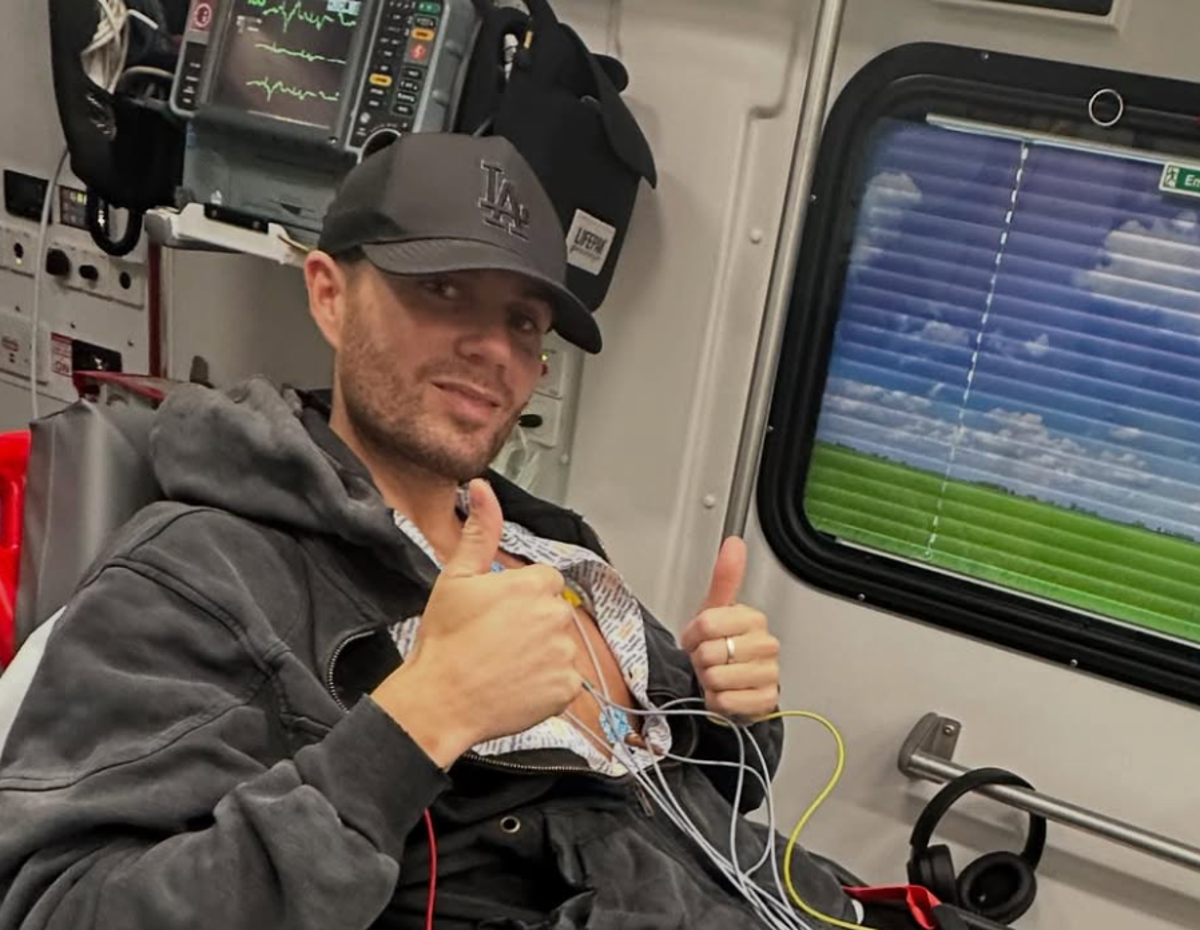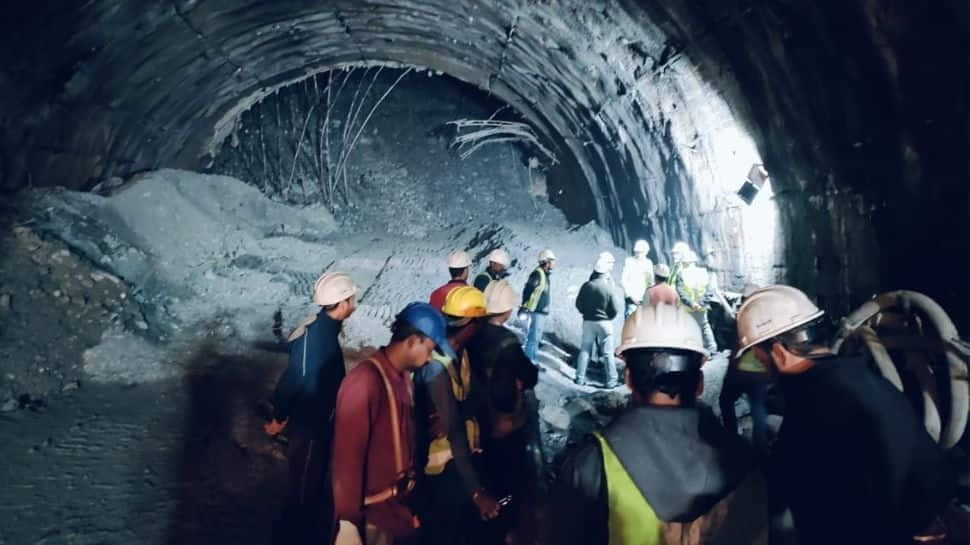In a traumatising experience, 40 workers got trapped after a portion of a tunnel under construction between Silkyara and Dandalgaon on the Brahmakhal-Yamunotri national highway collapsed in the early hours of Sunday (November 12). Rocks fell over a 200-meter area, trapping the workers inside the tunnel. While more than 48 hours have passed, the rescue teams have so far made little headway. While the government and rescue teams are doing their best, we delve into the psychological impact that such a terrifying event can have on those trapped.
Uttarakhand Tunnel Collapse Can Impact Those Trapped Mentally
Dr Gorav Gupta, Senior Psychiatrist, Founder and Director, Tulasi Healthcare, shares, “The psychological impact on people stuck in such as a tunnel, can be profound and varied. The experience of being trapped, isolated, and facing uncertain conditions can lead to a range of emotional and psychological effects.” Talking about the impact Dr Gupta lists the following points:
1. Stress And Anxiety
The uncertainty of the situation, coupled with the physical constraints of being stuck in a tunnel, can lead to heightened stress and anxiety. Concerns about the unknown outcome can be particularly challenging at the moment.
2. Fear And Panic
The confined space and the feeling of being trapped can trigger fear and panic among those trapped. This emotional response can be intensified if there are additional factors such as darkness, lack of ventilation, or the presence of hazards.
3. Isolation And Loneliness
Being stuck in a tunnel may involve isolation from the outside world. The lack of social interaction and separation from family and friends can contribute to feelings of loneliness and isolation, which can negatively impact mental well-being.
4. Depression And Despair
Prolonged periods of confinement and uncertainty about the future can lead to feelings of depression and despair. The lack of control over the situation may contribute to a sense of hopelessness.
5. Post-Traumatic Stress Disorder (PTSD)
The experience of being trapped in a tunnel under adverse conditions can be traumatic. Individuals may develop symptoms of PTSD, including intrusive thoughts, nightmares, and heightened emotional reactions, even after the event has ended.
6. Physical Health Impact
Psychological distress can also manifest in physical health issues, such as headaches, gastrointestinal problems, or sleep disturbances. The mind-body connection is significant, and stressors can impact both mental and physical well-being.
“On the positive side, some individuals may demonstrate resilience and find ways to support each other. Solidarity among the trapped workers, along with any external support, can play a crucial role in mitigating the psychological impact,” says Dr Gupta.
How Help Can Be Extended To The Trapped
Dr Gorav Gupta says that the following steps can be taken by the government and other associated agencies to help the workers, apart from the rescue operations, during and after the completion of the mission:
Emergency Response Coordination
Establish a centralised command centre to coordinate the emergency response. This should involve collaboration between government agencies, emergency services, NGOs, and other relevant stakeholders.
Communication And Updates
Ensure clear and consistent communication with the trapped workers. Regular updates on the rescue progress, safety measures, and any other relevant information help reduce anxiety and provide reassurance.
Medical Support
Deploy medical teams to assess the health condition of the trapped workers. Provide medical care, including psychological first aid, to address immediate health concerns and offer support for mental well-being.
Supply Of Essentials
Arrange for the delivery of essentials such as food, water, and medical supplies to the trapped workers. Ensure a steady supply to sustain their physical well-being during the rescue operation.
Psychological Support
Offer psychological support services to help workers cope with the stress and anxiety of being trapped. Trained counsellors or mental health professionals can provide assistance to both the workers and their families.
Resettlement And Aftercare
Develop plans for the resettlement and aftercare of workers once they are rescued. This may involve medical follow-ups, and ongoing mental health support to address any lingering effects.
Community Engagement
Engage with the local community to keep them informed about the situation and address any concerns. Foster a sense of unity and support for the affected workers and their families.
“In any emergency situation, a swift and coordinated response is critical. Government agencies, along with private organizations and non-governmental entities, should work collaboratively to ensure the safety and well-being of those affected by such incidents,” says Dr Gupta.














































